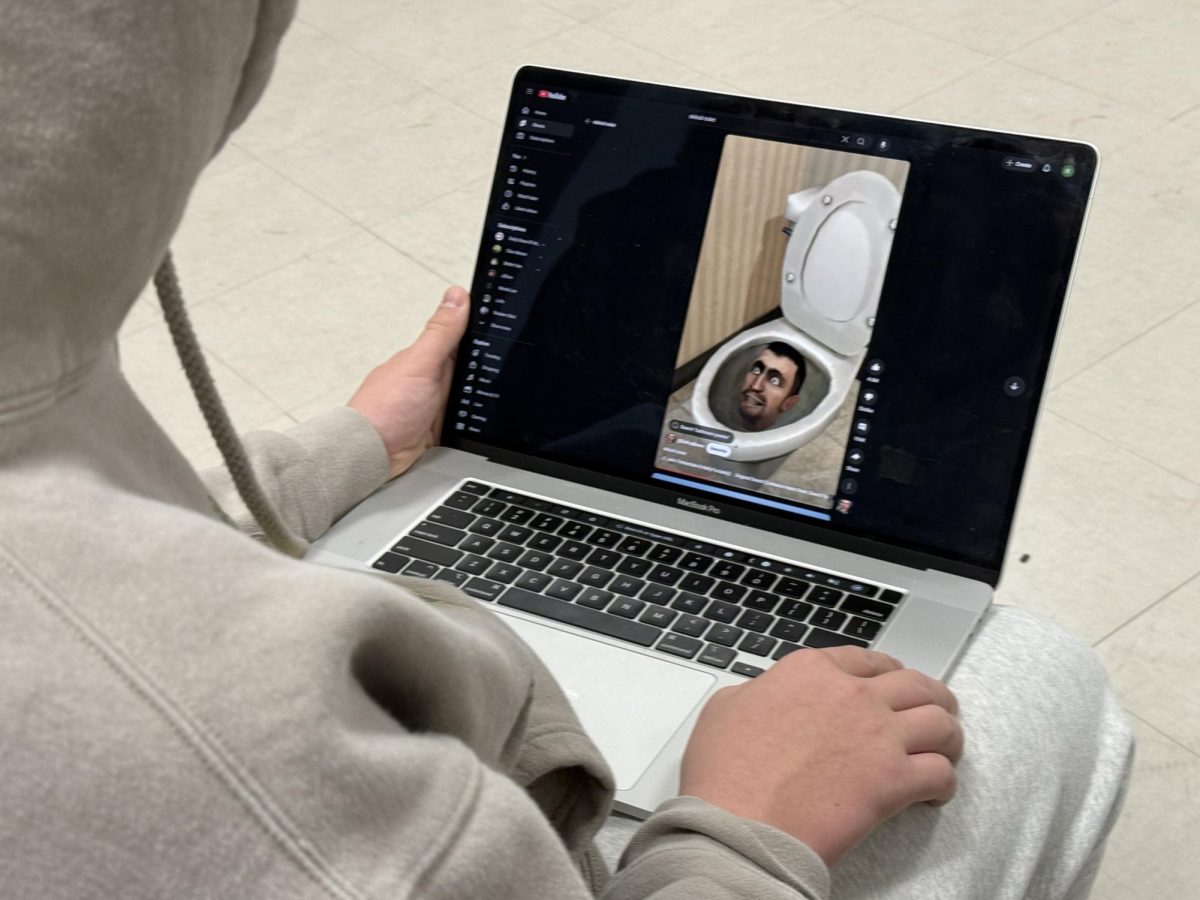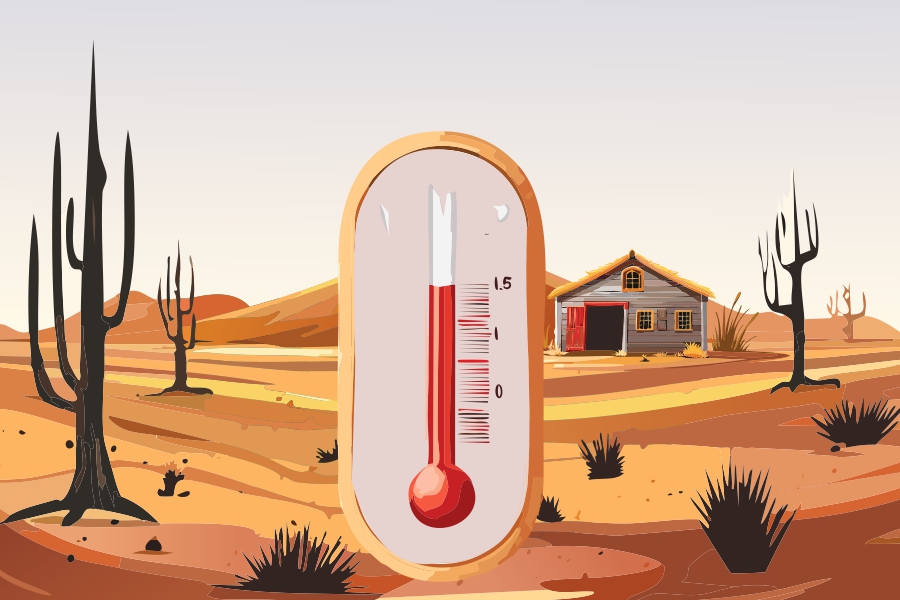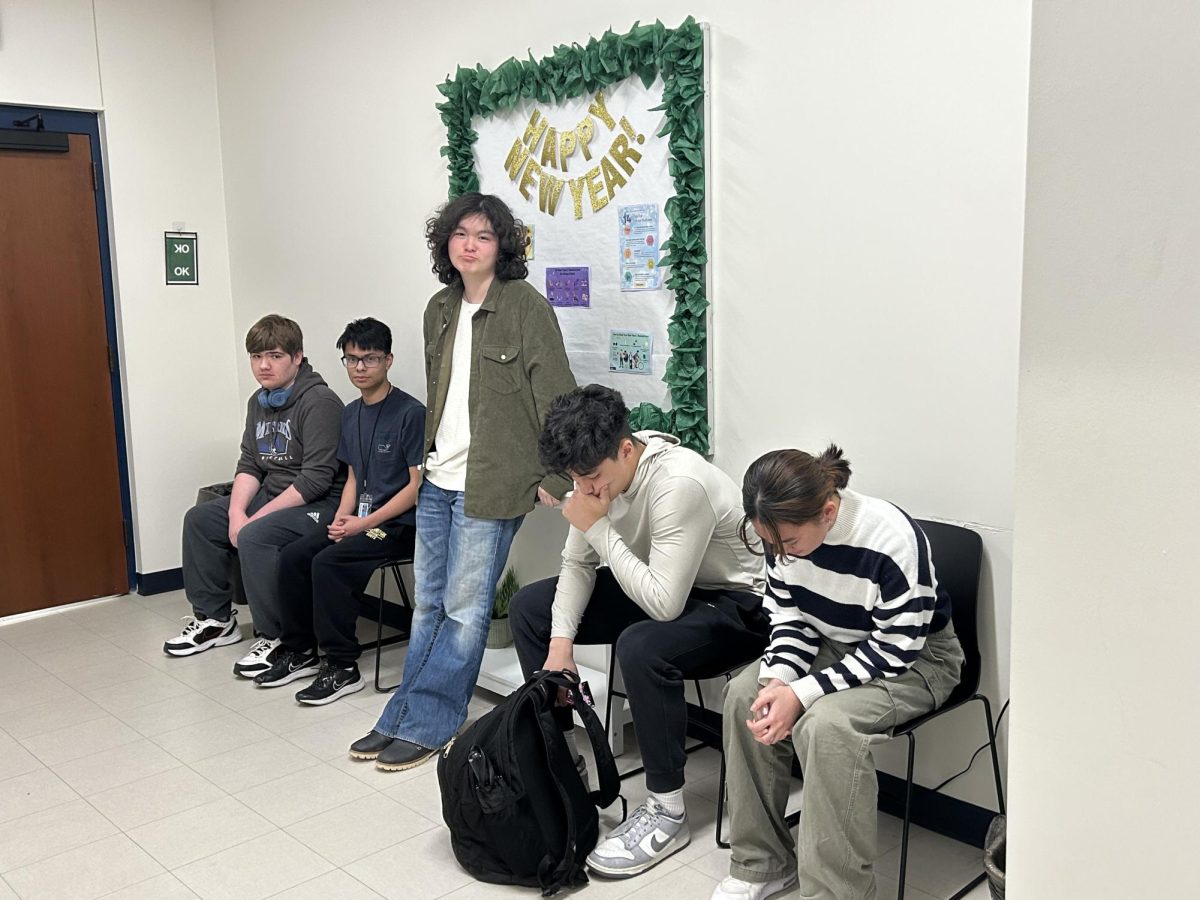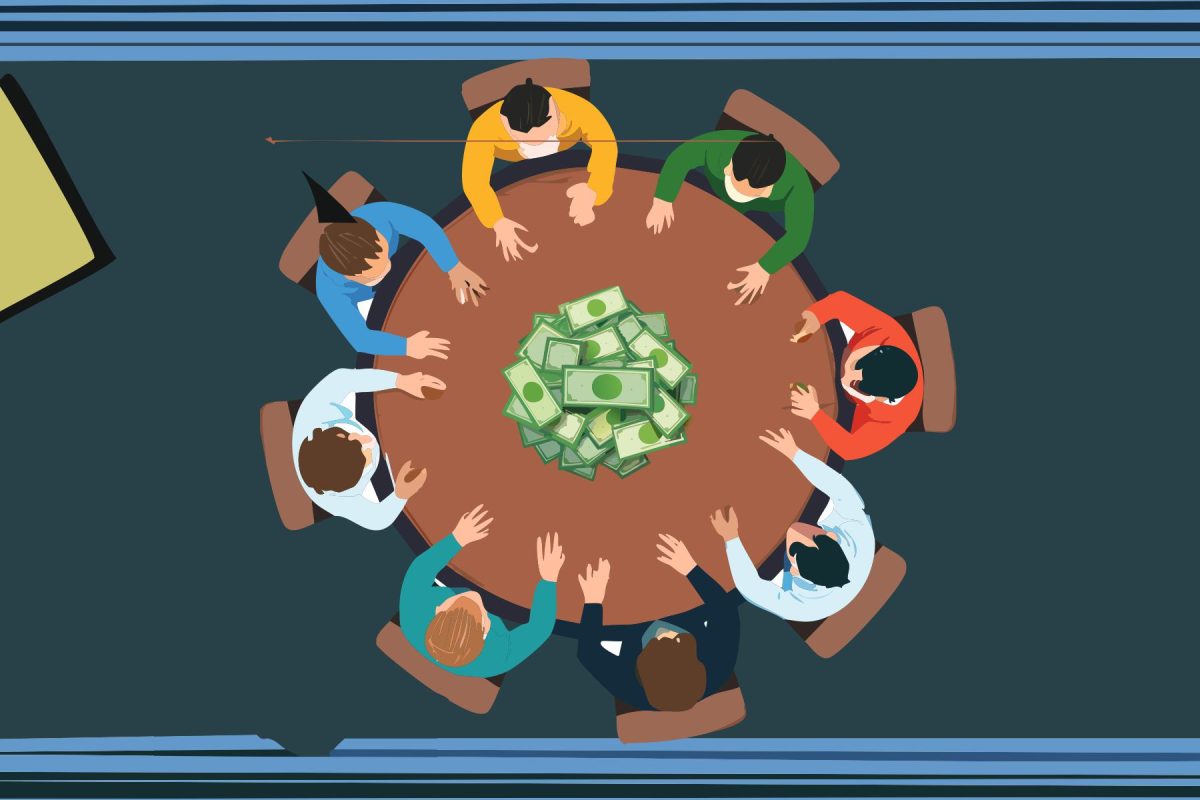Since the 2020 lockdown, the influx of social media users has birthed an entirely new form of slang, coined by many social media platforms as brain rot. This evolving slang, particularly among younger Gen Z and Gen Alpha, has become deeply integrated into the younger generation’s culture.
Even though slang has been a hallmark of every generation, the brain rot era is uniquely characterized by its nonsensical nature and its correlation to shorter attention spans, limited vocabulary, and even mental health challenges, especially with an increase in social media usage.
“I think social media is kind of exponentially increasing the rate of how we consume brain rot and the way it evolves,” senior Reuben Obel said.
With this rapidly evolving slang, the younger generation consumes excessive hours of short-form social media content to keep up with the latest vocabulary. Due to brain rot becoming the in-vogue topic of the younger generation, kids who aren’t versed in the trending brain rot terms may feel left out.
“It can be more isolating if you’re not able to keep up with all of the slang,” Dr. Alexandra Pillat, Developmental Psychologist said, “It can definitely cause negative peer interactions.”
Brain rot terms have created a cycle of being chronically online, and with it, even more mature high schoolers may feel coerced to stay informed.
“And then with other friends who go online as much as me, I feel obligated to know everything that they know,” Obel said, “I feel pressure to know every brain rot term so I know what people are talking about.”
This perpetual online cycle has reached classrooms, reshaping attention spans and critical thinking skills.
“The brain rot side of it, I do see critical thinking skills and social skills declining because of attention spans, which I think all goes back to being online,” freshman English teacher Rylee Lippincott said. “So if you’re trying to keep up with the slang, you’re going to be online and you’re going to lose your social skills.”
Furthermore, kids who use brain rot as a part of their daily vocabulary may use slang in more formal settings, potentially revealing how younger generations’ social awareness and skills have declined due to brain rot.
“So, excessive use of slang can absolutely limit your vocabulary and your language development,” said Dr. Pillat, “I also think that it really impacts your communication skills in that people aren’t using it in appropriate settings. For example, you don’t want to use slang when you’re emailing a teacher.”
Brain rot terms used in a derogatory manner have been normalized in daily speech. For example, the term, “chopped” is often used to insult an individual’s appearance.
“And looking back, it’s really such, like, a big word and such a huge and horrible thing to say to anyone, saying that they’re chopped. But now I’ll subconsciously just go around, like, if my friend has a bad haircut, I’ll be like, ‘hey, bro, you’re hella chopped’,” Obel said.
As brain rot drifts away from traditional English, adolescents may find classic English literature with peculiar vocabularies to be completely incoherent. Teachers have even noticed kids will dismiss the literature instead of trying to decipher it, correlating to their dwindling attention spans.
“So something like Shakespeare, which is getting farther and farther away from the way that slang operates today,” said Lippincott, “they kind of can adapt the attitude of like, I just don’t understand this, instead of like being willing to understand it.”
In a slang-dominated environment proliferated through the presence of social media, the dangers of the internet are drastically exacerbated, resulting in serious mental health complications.
“Okay, so, personally, if you’re thinking about social content, it makes people compare each other much more,” said Dr. Pillat, “I think it can lead to an increase in depression, anxiety.”
With the pervasive nature of brain rot, it may be hard to find a balance between regular vocabulary and the new slang, however, the slang has been rooted in the younger generation.
“So, I mean, I think for some people, there is definitely, you know, potential balance,” said Obel, “But I think for me and for many of my peers, I would say it’s almost too late.”










